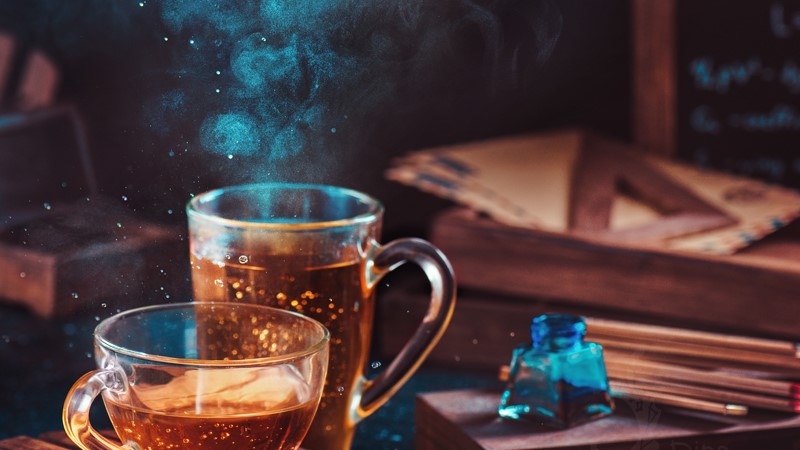
When I was growing up, my Dad was afflicted with chronic pain without much in the way of firm diagnosis or answers. On very rare occasions, he would have muscle cramps and spasms so bad it would cause him to yelp. It scared me so much as a child; I didn’t know how a person could live like that with unpredictable pain that never fully left.
Five years ago, I acquired a medical mystery myself. My blood pressure was dangerously low and slowly getting lower day by day. It had gotten to the point that I couldn’t even cross a room without needing to sit or lay down once or twice along the way. We had to use a wheelchair to get me around larger spaces. Generally, people were encouraging and kind. (Although, you meet a lot of terribly baffled and concerned strangers when you lie down on the floor of the grocery store.) When people asked me how I coped, I would invariably tell them, “Well, at least I don’t have chronic pain. I am no good at pain.” And I laughed.
We figured out what caused the blood pressure problem and that’s resolved, thankfully, but it kind of dove-tailed into …you guessed it…my very own chronic pain. It seems to be the same thing my Dad has, more or less – the thing that I rather feared all my life. Living with chronic pain, well, I guess it’s not what I thought it would be. I think I imagined pain as this angry, out of control tormentor that would have the power to take everything from me, to snuff out my creative spark, to twist my personality, to steal from me everything that I loved.
But I don’t think pain has that power – not really. With chronic pain, there’s a lot of grief and mourning. I’m not taking long, giddy hikes in the woods anymore. I’m not dreaming of traveling the globe (goodness – the muscle spasms alone that I would get on an airplane! No thanks…). I’m not chasing after children (not for too long, anyway). The pain made some new boundaries, some new limits, and they’re not the ones that I would’ve chosen. Still, I am myself and there’s more than one way to be myself.
At this point, looking too far into the future is stressful. It amounts to imagining – plus that many more days of pain. Thinking about today and tomorrow, though, that feels doable. If I stay very close to now, I can respect the limitations without being defined by them. I can say no (to a lot of things) and try to fully invest in the few things I say yes to. I can be frustrated without becoming frustration.
What I’ve found is that the power that I have is the power to choose what I want to hold on to. In some ways, coping with chronic illness is like living in a house that a hurricane tore through. My old way of living and thinking and moving don’t really cut it anymore. I need a new roof or a new foundation or whatever else. But while I’m rebuilding, why not shore up and support the parts of me that needed healing and care? Why not redesign so that I can live in a house that looks more like the house I want to be living in?
My life feels like home to me when I choose to keep looking for the light. I choose to try not to take it out on people when I’m having a particularly painful, flare-y day. (My husband can attest that this bit’s definitely a work in progress.) I choose to try to find real gratitude – not the guilt tripped “you’re never allowed to feel bad and you always need to smile” kind of gratitude.
For me, real gratitude is remembering to lean into the times when I can be more active and connect with people. Real gratitude is remembering to live by one of my mottos: never pass up an opportunity for celebration (and lower your standard for what qualifies for celebration). Real gratitude is noticing how good it is to lie down, to feel the relief of the heating pad, the numbing of ice, the magic of medicine. Even though they don’t solve my problem, they help make life livable.
But however proactive and self-care-y I try to be, I also know that sometimes I need to lay off being positive and just be miserable. I have hope and faith that those moments aren’t forever. The me that can face the day is still in there somewhere and I trust that she’ll come back when she can.
In the meantime, good or bad, it’s one more day. Chronic illness may make us feel isolated or powerless – we may feel like we’re losing our minds, but we can make it one more day. Tomorrow won’t be what today is – it will be new and we can be new, too. We’re none of us alone.
Image credit: “Still life for rainy days: steampunk tea” by Dina Belenko
